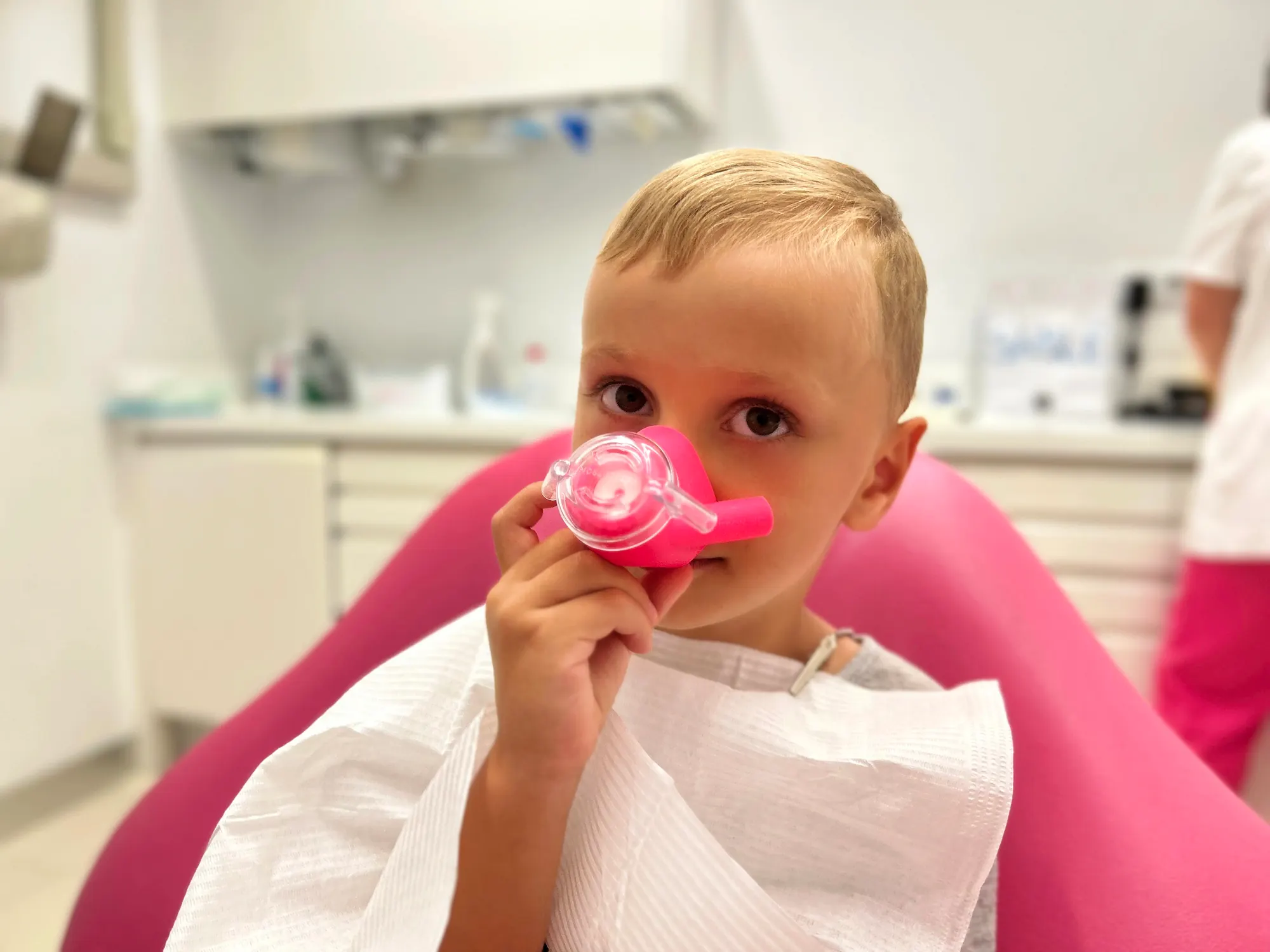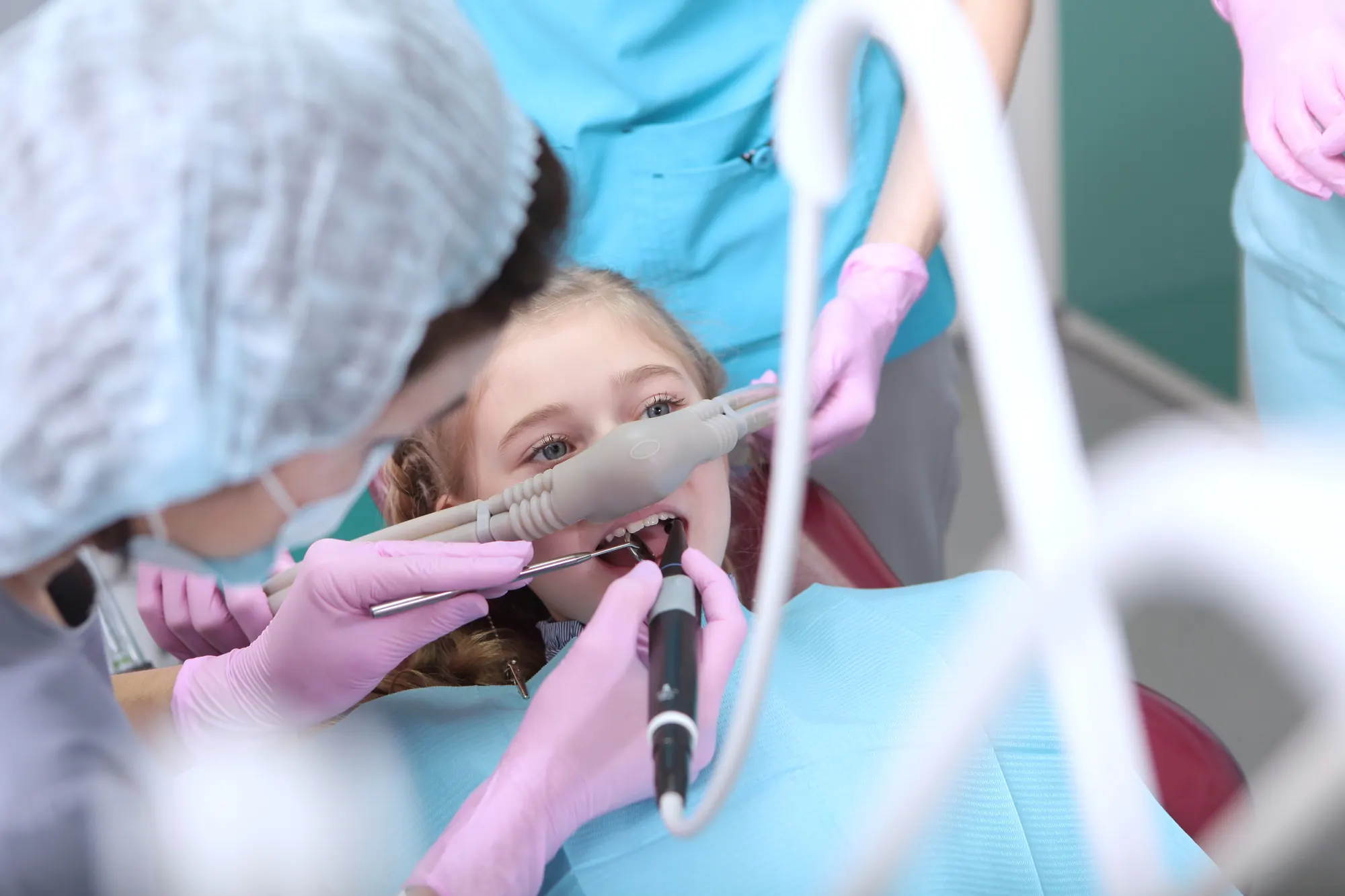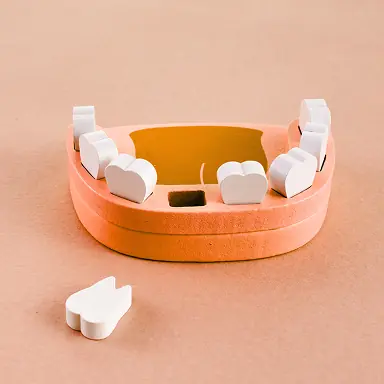Dental visits can bring about a wide range of emotions in children—and just as many questions from parents. Some little ones feel right at home in the dental chair, while others need a bit more support.
Behavior management techniques help create a calmer, more positive experience, ensuring every visit is safe and productive, no matter a child’s temperament or needs.
What Are Behavior Management Techniques in Dentistry?
Behavior management techniques are strategies pediatric dentists use to help children feel at ease during their appointments. They may involve simple communication and distraction techniques, or more advanced options like sedation, depending on the situation.
The goal is always the same: to build trust, reduce anxiety, and make sure each visit supports a child’s oral health in the most comfortable way possible.






Our Behavior Management Techniques
At Naranja Pediatric Dentistry, we personalize our care based on each patient’s comfort level, developmental stage, and medical history. We offer a full range of behavior management options, including:

Dental Local Anesthesia
Used to numb a specific area during a procedure, dental local anesthesia allows treatment to be completed with minimal discomfort while the child remains fully awake and aware.

Nitrous Oxide
Also known as “laughing gas,” nitrous oxide is a safe and gentle sedative that helps ease anxiety. It’s inhaled through a small mask and helps children stay relaxed while remaining awake and responsive throughout the procedure.

General Anesthesia
In cases where extensive work is needed, or anxiety is especially high, general anesthesia may be recommended. It allows the child to sleep through the procedure in a safe and closely monitored setting.

Hospital Dentistry
For complex cases or children with medical conditions requiring a controlled environment, our team partners with hospitals to provide care with specialized medical support.

Who Might Benefit from Our Behavior Management Techniques?
Some children are naturally more anxious in new environments. Others may have special healthcare needs or find it difficult to sit still for extended periods.
Children requiring extensive dental treatment may also benefit from sedation to complete care in fewer visits. Whatever the situation, we’re here to provide the right support.








